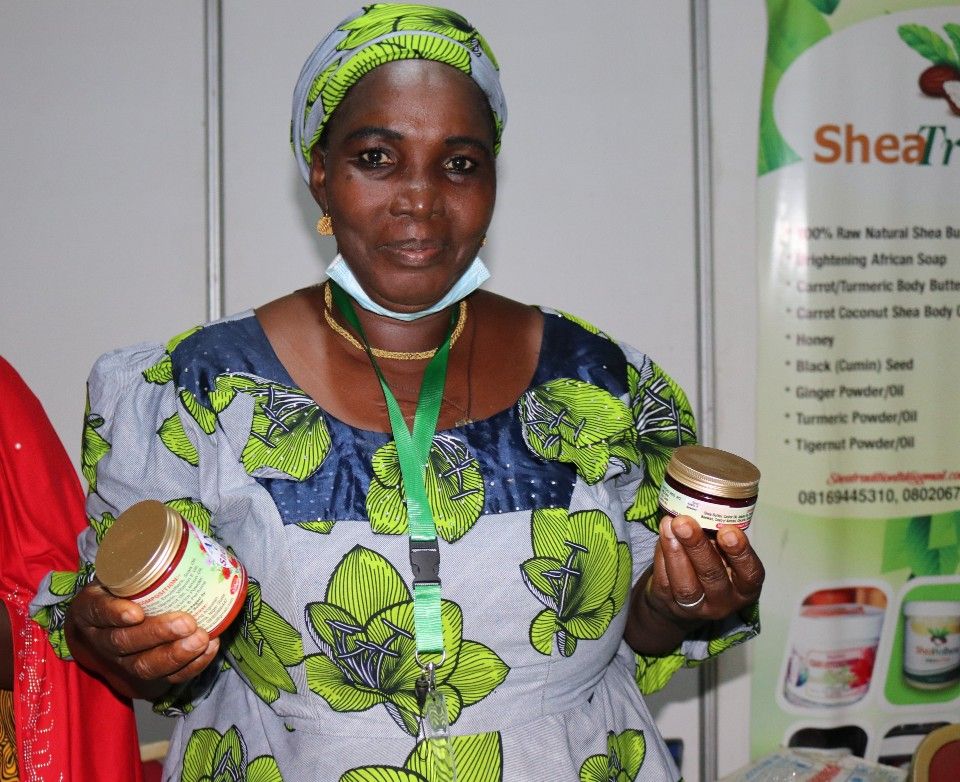As workers, entrepreneurs and service providers, they contribute actively to social and economic development. Yet, women’s economic and human rights and their contributions and priorities have been largely overlooked. They are more likely to be unemployed, dominate the unprotected informal sector, are more likely to be in part-time formal employment in most high-income regions, spend more time in unpaid care-work nationally, have lower levels of productivity, and earn less than men for work of equal value and are poorly represented in public and corporate economic decision-making. Women need to be fully engaged in efforts to shape responses to these interfacing crises, both in influencing the design and assessing the impacts of recovery packages from a gender perspective and have an equal voice with men at all levels of economic decision-making.
Empowering women economically and making them central to solutions is not only a moral imperative, but it also makes good economic sense. A growing body of research shows that enhancing women’s economic participation improves national economies, increases household productivity and living standards enhances the well-being of children with positive long-term impacts and can increase women’s agency and overall empowerment.
UN Women in Nigeria is working to promote the adoption of affirmative procurement policies and laws across all levels of governance to advance women-owned businesses:
Targeting governance and legislative institutions (federal and state) and private sector, promote their capacities to develop and implement affirmative procurement policies/laws/measures, targeting women-owned businesses- in line with the “She Trades” Initiative launched by the Government of Nigeria in July 2017.
- Sustainable Agribusiness
This flagship initiative promotes women’s access to land by advocating for policies and legislative frameworks that enhance women’s access and ownership of productive resources. UN Women supports rural women farmers’ transition into agro-processing and agribusiness through improved access to ICTs and innovations, training and institutional building to enhance access to financing, the development of appropriate and cost-efficient technologies, and the adaption of the ‘Buy from Women’ platform.
- How we work
We are working to promote policies and laws to facilitate women’s access to land and other productive resources and effective agribusiness engagement. We also seek enhanced access to information, communication and technology (ICTs) and innovations for women farmers’ cooperatives and agribusiness associations.
The program is a partnership between UN Women and other UN agencies, principally the Food and Agricultural Organization (FAO), the UN Industrial Development Organization (UNIDO), the UN Development Program (UNDP) and the International Labour Organization (ILO), drawing on each agency’s comparative advantage, in support of the Government of Nigeria as well as women farmers’ cooperatives, agribusiness associations and private sector partners.
- Our partners
In addition to our UN partners (ILO, UNIDO and FAO), UN Women collaborates with women entrepreneurs and business associations, and key government entities, including the Office of Accountant General of the Federation; Bureau of Public Procurement (BPP) (which leads on public procurement); the Small and Medium Enterprise Development Agency (SMEDAN) (supports enterprise development), Legislative assemblies (federal and state) (enabling policies and laws); state governments and local authorities (for infrastructural support); Ministry of Commerce and Trade (federal and state); Bureau of Public Enterprises Abuja Enterprise Agency and Standards Organization of Nigeria (SON). UN Women collaborated with the Chartered Institute of Purchasing and Supply (CIPSMN) for capacity building initiatives. UN Women collaborates with the Central Bank of Nigeria, Bank of Industry, and their private sector intermediaries on access to financing.

